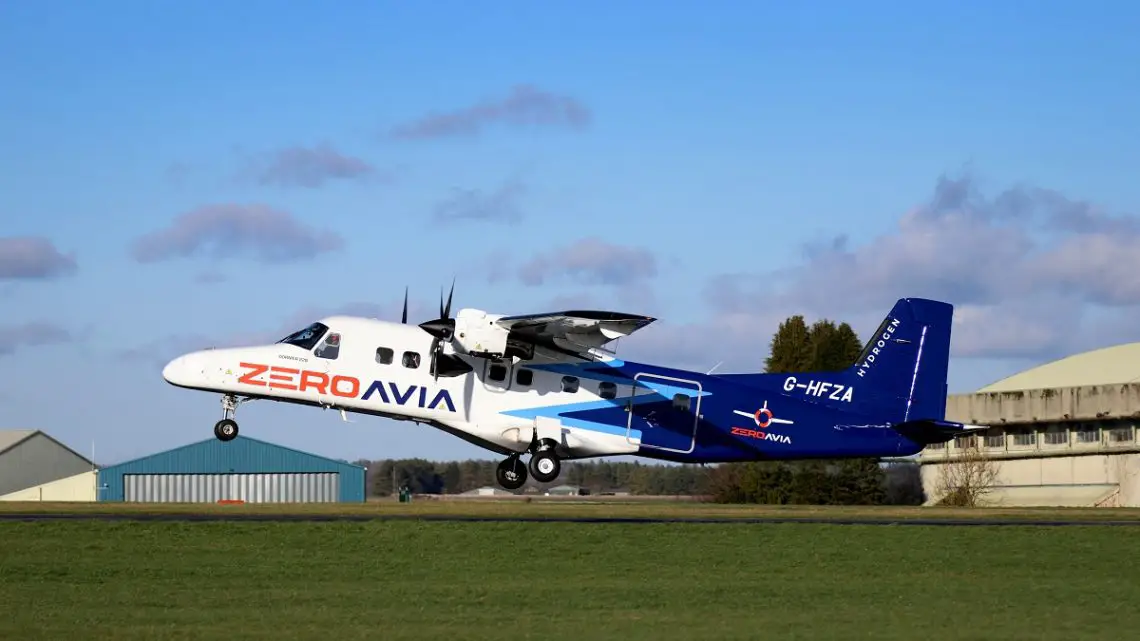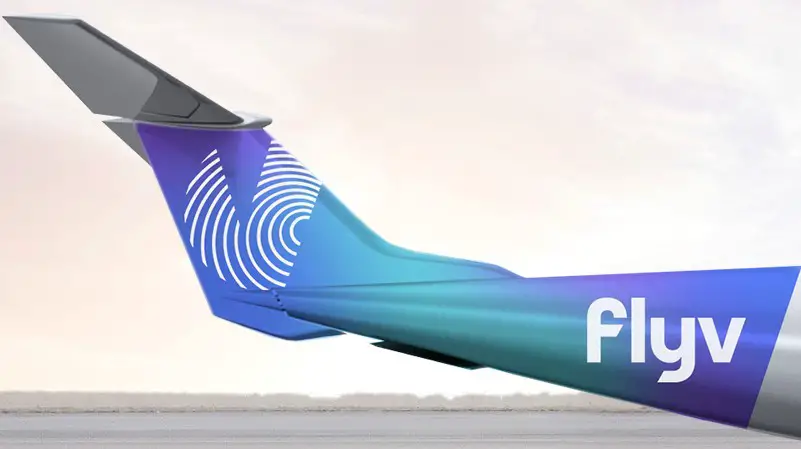
ZeroAvia Spearheads CAA’s Hydrogen Challenge
March 7, 2024The UK Civil Aviation Authority (CAA) has taken a decisive step toward greener skies by partnering with three leading companies, including ZeroAvia, as part of its Hydrogen Challenge Sandbox initiative. This groundbreaking program, fueled by government support, aligns with the ambitions of the UK Government’s Jet Zero Strategy to explore sustainable aviation alternatives, particularly focusing on the potential of hydrogen.
Launch of The Hydrogen Challenge
Launched in November 2023, the Hydrogen Challenge represents a beacon of hope for an industry under intense scrutiny for its environmental footprint. This year, the challenge escalates to real-world testing and tackling safety concerns integral to the widespread deployment of hydrogen technologies.
ZeroAvia: A Front-runner in Hydrogen Propulsion Innovation
ZeroAvia, positioned at the forefront of hydrogen propulsion innovation, has been tasked with a mission crucial to future air travel. With its eyes set on a commercial solution for aircraft seating 40 to 80 passengers, the company’s development of hydrogen-electric (fuel cell) engines stands as a testament to ambition connecting with actionable technology. ZeroAvia’s prototype is currently operational, with its ZA600 engine undergoing the rigorous certification process.
The CAA’s engagement with ZeroAvia focuses on significant safety evaluations, scrutinizing the viability of retrofitting aircraft with a green powertrain. Through close collaboration, they aim to pinpoint and mitigate potential risks associated with introducing this game-changing technology.
Other Partners in Aviation Hydrogen Technology
Besides ZeroAvia, two additional partners are addressing separate aspects of hydrogen technology. Cranfield Aerospace Solutions is carving out its niche by designing new-generation hydrogen-fueled aircraft, while the Exeter Airport Consortium undertakes the challenge of integrating hydrogen into airport operations efficiently.
Anticipated Demand and a Fertile Market
Pre-orders for ZeroAvia’s hydrogen powertrain speak to the industry’s appetite for change, with the ZA600 targeting short-distance travel of up to 300 miles for up to 19 passengers. Meanwhile, the ZA2000’s 900 kW engine will cater to larger regional planes.
In a shining example of this technology’s promise, Spain’s Surcar Airlines plans to retrofit Twin Otter aircraft, facilitating greener tourist travel in the Canary Islands. Ecojet, UK-based, intends to retrofit its fleet and aspire to be the world’s first fully electric airline.
This news holds significant potential for the aviation and environment sectors, heralding a new era of responsible, sustainable flight. It showcases tangible progress towards a Jet Zero future and the vital role innovation plays in reducing aviation’s ecological impact.

Image Credit: https://zeroavia.com/zeroavia-and-flyv-partner-on-clean-on-demand-flight-across-europe/
The Collaboration with flyv
Notably, last month’s agreement between start-up flyv and ZeroAvia to investigate hydrogen-electric engines for a new breed of efficient, flexible air travel crystallizes the industry’s direction. flyv’s AI-driven, on-demand flight model, poised to integrate ZeroAvia’s ZA600 engine, is part and parcel of a broader effort to reimagine regional air mobility across Europe.
ZeroAvia’s steady advancements in hydrogen-electric propulsion highlight a poignant shift — an achievable zero-emission flight future. Its Dornier 228 test flights, powered by the ZA600, offer a glimpse into aviation’s cleaner trajectory.
Industry Insights
Anton Lutz, Co-founder at flyv, states, “With policies across the EU steadily making fossil fuel flight more costly and difficult, it is crucial for us to align with partners like ZeroAvia today, to prepare for a truly sustainable future.”
Concurrently, James Peck, Chief Customer Officer at ZeroAvia, remarks, “Flying can be the cleanest, quickest, and cheapest way to travel in the near future given the rapid progress of zero-emission propulsion technology.”
As ZeroAvia and its industry counterparts advance in their pursuit of sustainable aviation, there is a palpable anticipation within the sector. Under the regulatory guidance of the CAA, ZeroAvia steadily progresses towards its commitment to deliver more environmentally friendly solutions for aviation. The influx of pre-orders for ZeroAvia’s innovative hydrogen powertrain, as well as strategies to retrofit existing aircraft with this technology, underscore a broad-based industry commitment to sustainable air travel.



 HFN News is your leading source for fresh hydrogen and renewable energy updates. Amid the fast-paced growth of hydrogen companies, we provide top-notch news and insights about this exciting sector. Our coverage spans from hydrogen cars to global sustainable initiatives, and we highlight the latest in green jobs and developing hydrogen hubs. We invite you to share your local hydrogen news and explore today’s renewable energy job listings on our site. Thanks for choosing HFN News as your trusted guide to the hydrogen and renewable energy world!
HFN News is your leading source for fresh hydrogen and renewable energy updates. Amid the fast-paced growth of hydrogen companies, we provide top-notch news and insights about this exciting sector. Our coverage spans from hydrogen cars to global sustainable initiatives, and we highlight the latest in green jobs and developing hydrogen hubs. We invite you to share your local hydrogen news and explore today’s renewable energy job listings on our site. Thanks for choosing HFN News as your trusted guide to the hydrogen and renewable energy world!